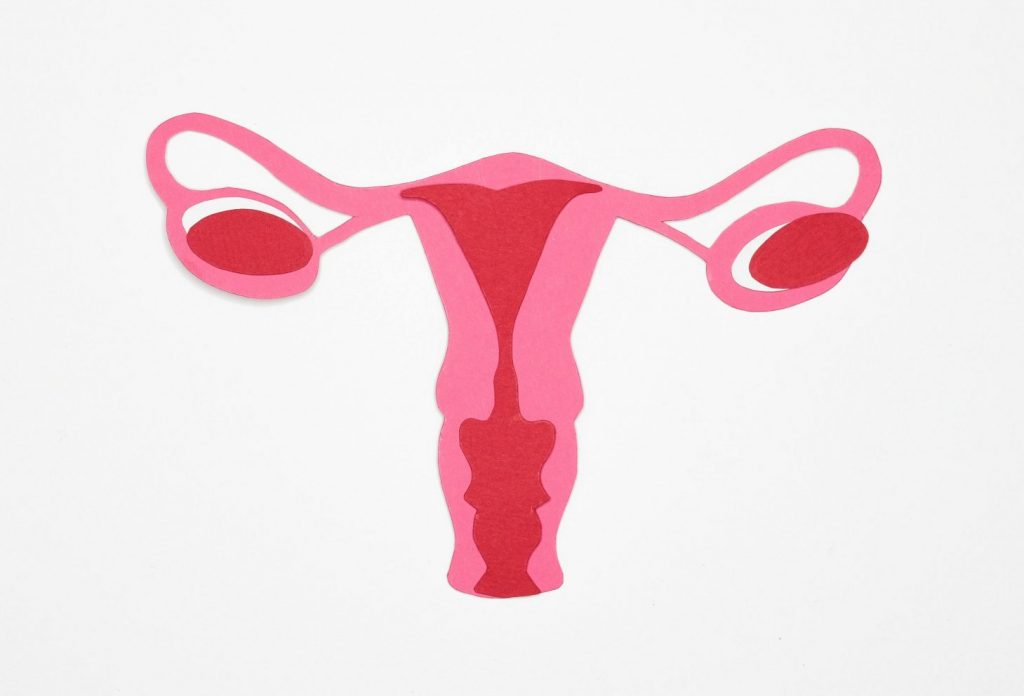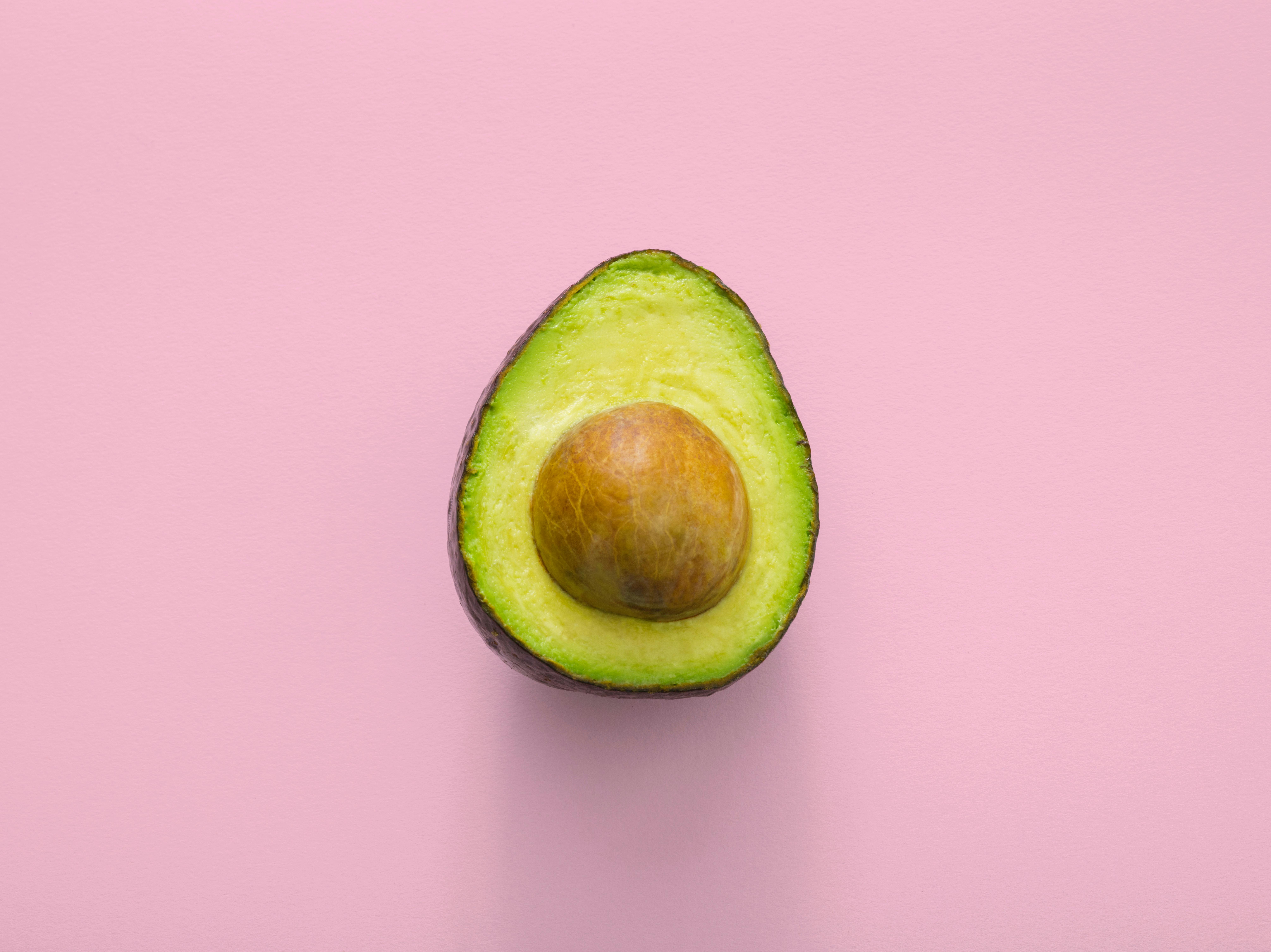If you’ve ever suffered from ovarian cysts, then you know it’s a silent struggle — although it shouldn’t be. Even the Royal College of Obstetricians and Gynaecologists admits that many women are affected with ovarian cysts, calling them ‘quite common’, although it also adds that “up to 1 in 10 women may need surgery for an ovarian cyst at some point in their lives”.
So, where do you turn for information about something so common that no-one seems to want to talk about, especially if your GP is a man that doesn’t understand or feel pelvic discomfort? Well, if you’re curious about ovarian cysts, then you’ve come to the right place………
Ovarian Cysts 101
I know that you’re already juggling a demanding job, caring for your family and somehow keep the house running on top of everything else — but what happens when your body quietly sounds an alarm? If you’ve ever pushed through period pain, ignored your belly bloating, chalked up your consistent fatigue to just stress, while also dismissing that sharp twinge in your side, then it’s possible that you’ve been ignoring the alarm, because who has time to deal with ‘one more thing’?
For women in their 40s and 50s, especially those navigating perimenopause and menopause, then these are signs your body sends that shouldn’t be ignored, because ovarian cysts (fluid-filled sacs that develops on or inside the ovary) are a silent, but oh-so common condition that can potentially be disruptive to your hormonal function, as well as your energy levels and overall health. Most are harmless and come and go without much fanfare. But here’s the real talk that you won’t always hear at your 10-minute GP appointment — they are more than just another part of being a woman. Because when left unchecked, they can spiral into hormone chaos, chronic pain or even emergency surgery. However, there is good news, because when you understand what’s happening inside of your body, you can take action — even if your schedule is bursting at the seams.
According to the NHS, the most common symptoms of both mild and severe ovarian cysts are:
- Pelvic Pain
- Bloating or Feeling Full
- Menstrual Changes
- Pain During Sex
- Frequent Urination or Difficulty Emptying Your Bladder
- Changes in Your Bowel Movements
- Lower Back or Thigh Pain
However, many ovarian cysts cause no symptoms at all — they’re often found incidentally during routine exams or imaging. That’s why tracking your cycle, energy and any pelvic discomfort is important. Some cysts can grow large and twist your ovary (yes, that’s as painful as it sounds), rupture or interfere with your blood flow. In rare cases, they can even signal cancer. So, even if your symptoms are subtle, your body could be whispering a message that you don’t want to miss.
The Good News
Luckily, about two-thirds of ovarian cysts disappear on their own. These are called functional cysts that are formed during your normal cycle. Think of them as temporary visitors.
Others forms of cycts — like dermoid cysts, endometriomas (cysts lined with endometriosis tissue) or those caused by PCOS (polycystic ovary syndrome) — are trickier, because they don’t follow the rules and are often tied to deeper hormone imbalances.
But if ovarian cysts keep popping up, you need more than pain relief — and you also need to figure out why they’re forming in the first place, especially if you’re in your 40s/early 50s and your hormones are already on a rollercoaster as your oestrogen levels surge, your progesterone plummets and your cycle becomes less predictable. This hormonal imbalance creates the perfect storm for cysts to develop — especially if you’re also dealing with PCOS, insulin resistance, chronic stress and environmental toxins (e.g. plastics and vegetable seed oils)!
You’ve probably been told that rapeseed and sunflower oils are “heart healthy.” But I’d say otherwise, especially when it comes to your ovaries. Multiple studies have shown that seed oils like sunflower, rapeseed, corn and soybean act like fake oestrogen (xenoestrogens) in your body. They spike estradiol, fuel cyst formation and even shrink and damage ovarian tissue in animal experiments. Which means the very oils that are used in most salad dressings, baked goods and ‘healthy’ snacks are mimicking hormones and potentially creating ovarian cysts. What this means is that if you’re already hormonally sensitive (thanks, perimenopause), then these oils just add fuel to the fire.
So, let’s break it down so that you don’t have to worry and start feeling in control again……….
4 Hacks To Prevent Ovarian Cysts
If you’re overwhelmed and short on time, then here’s your four-step survival plan for managing — and preventing — ovarian cysts:
1. Ditch the Vegetable Oils — For Good
STOP using oils like rapeseed, sunflower, corn and soybean in your cooking. They are endocrine disruptors and push your oestrogen levels out of balance.
Instead, you should use organic ghee, organic extra virgin coconut oil, organic grass-fed butter, organic beef tallow and organic extra virgin olive oil (but this one is ONLY to be used in moderation — and avoid heating it).
You should also start reading the labels on ALL packaged foods that you intend to buy, because food manufacturers (including M&S and Waitrose) sneak these oils into almost every single product they sell.
2. Move a Little — Every Day
No time for the gym? That’s fine, because even walking, stretching or 10 minutes of yoga before bed can reduce your stress hormones, support your blood flow and to help rebalance your cycle. And if you already have PCOS, then movement is literally medicine. Movement will also help to manage your insulin and testosterone levels, both of which fuel cyst formation when they’re out of whack.
3. Sip Your Support
It’s time to switch out that third coffee for chamomile or ginger tea. These herbs can work to:
– Calm your nervous system
– Reduce inflammation
– Support healthy cycles
These simple sipping steps can help your body regulate itself — without adding more to your to-do list.
4. Ask for the Right Lab Tests
If your periods are irregular, you feel bloated or you’ve had cysts before, then don’t settle for vague answers from your GP. Ask them to check your blood glucose and vitamin D levels (which can worsen PCOS symptoms among other things), as well as your progesterone levels. If you are diagnosed with ovarian cysts, then also ask for a blood test and scan to rule out ovarian cancer. Knowledge is power — and asking for the above will give you a clear plan instead of guesswork.
Ovarian cysts aren’t always dangerous, but they are a message from your body. And for busy women juggling all the things, it’s easy to ignore the messages until it’s too late. But now that you know what to look for — and how to take simple, powerful steps — then you’ll no longer be in the dark.
And you should know that this isn’t about adding more to your plate — it’s about giving your body what it actually needs so that you can keep showing up for your life without pain, fear or hormonal burnout. So, if you’ve been struggling with bloating, pain or unpredictable periods, don’t brush it off. Listen to your body — it might just be the nudge you need to finally take care of you.
Love, Gaynor X





